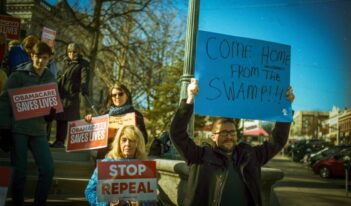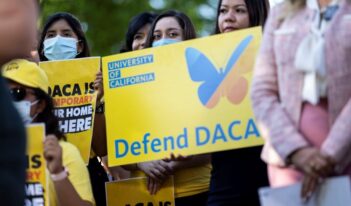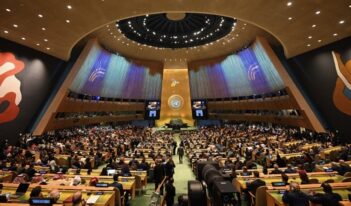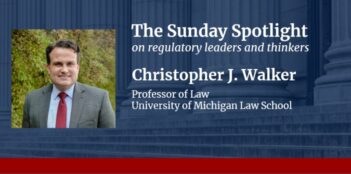A Regional Approach to Climate Change Regulation
Scholars study optimal regulations to reduce carbon dioxide emissions.
Will the ABA Continue to Accredit Law Schools?
The Trump Administration may challenge the American Bar Association’s role in accrediting law schools.
The Need for Digital Wallet Regulation
Scholar argues for CFPB regulation of digital wallet companies.
Reviewing Efforts to Replace the Affordable Care Act
Advocates should understand past efforts to replace the Affordable Care Act to defend its core protections.
International Organizations Can Help DOGE Deregulate
International organizations can conduct research on regulatory efficiency and best practices to support DOGE’s mission.
Regulating Aviation Safety
Scholars discuss the landscape of civil aviation regulations and air traffic safety.
Reforming Digital Access to Opioid Addiction Medication
Scholar argues for tele-prescription reforms that can increase patient access to necessary controlled substances.
U.K. Moves to Tighten Regulation of Financial Sector
Regulators publish new rules for third parties in the financial sector.
The Effects of DACA’s Decline
Scholars unveil new research on the challenges undocumented students face in the wake of DACA’s retrenchment.
The U.N. Cybercrime Convention Is a Promethean Moment
The United Nations’ Cybercrime Treaty can do more to protect women.
Judicial Constraints on Agency Action
Christopher J. Walker discusses how developments in administrative law doctrines could constrain agency action.
President Trump’s Pretextual Justifications for Raising Tariffs on Canadian Energy
The President’s concern about trade partners’ “cheating” is an insufficient justification for the tariffs.












